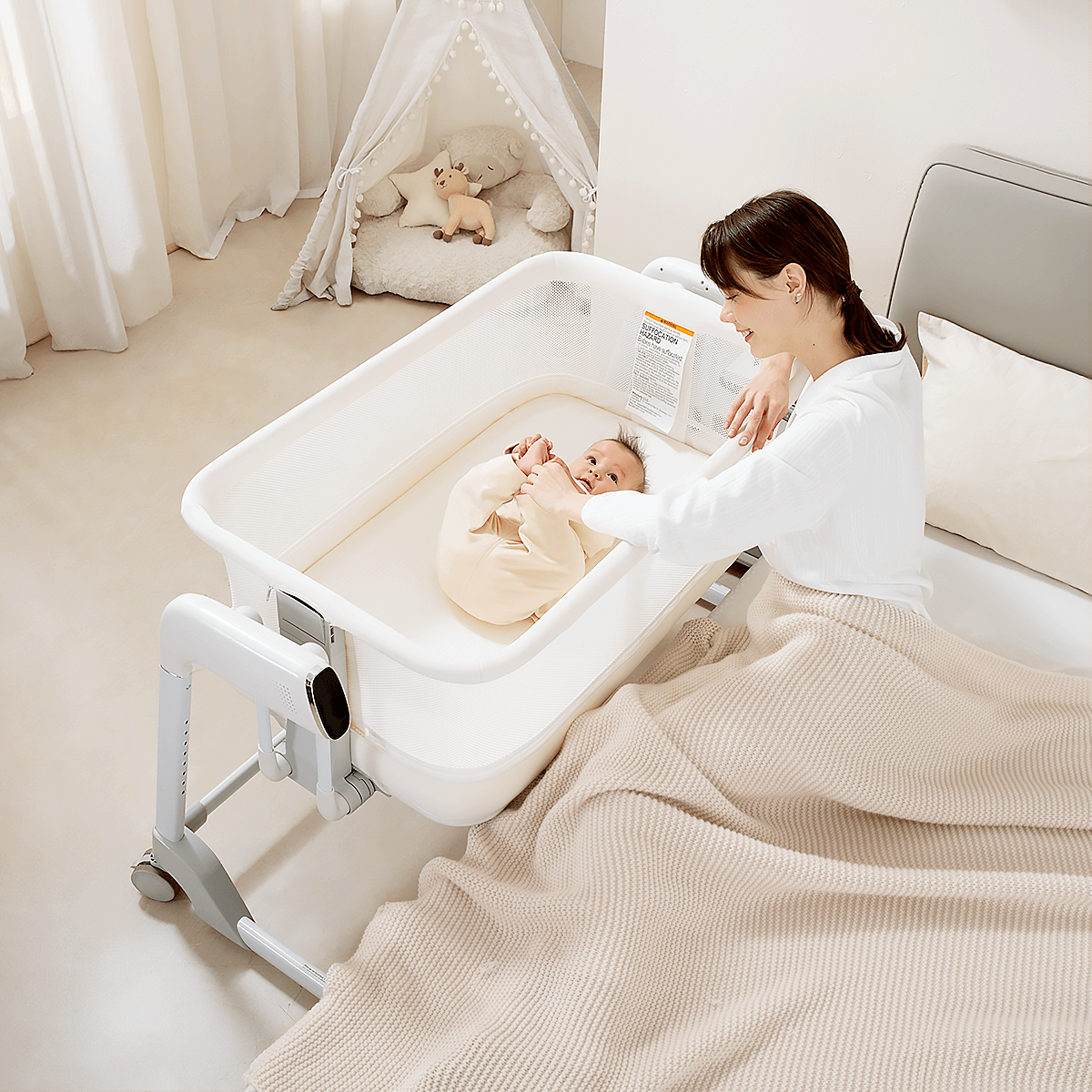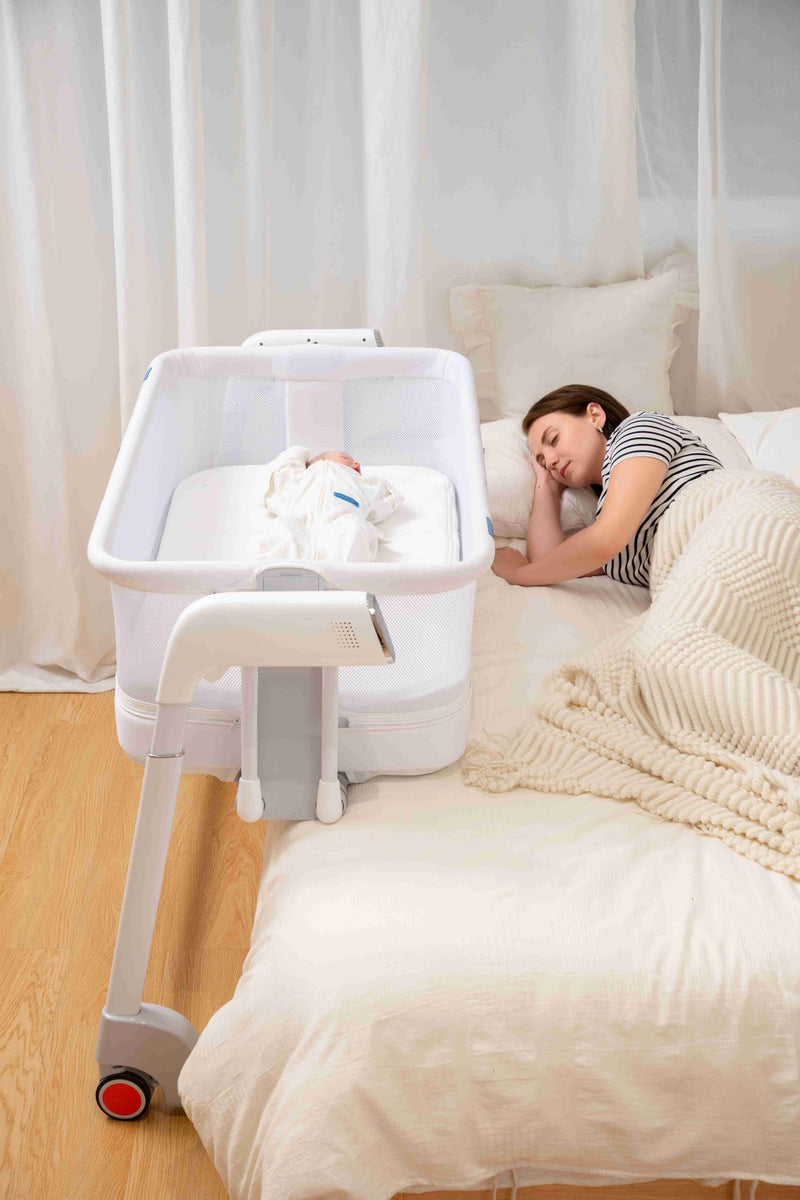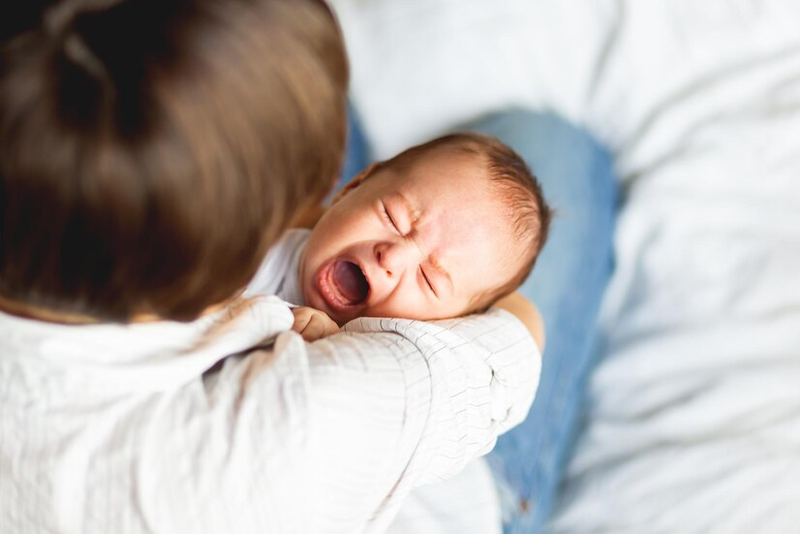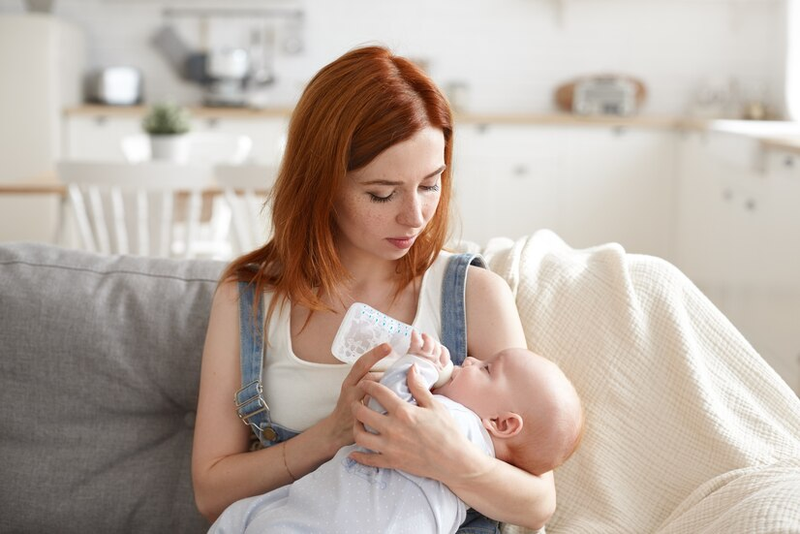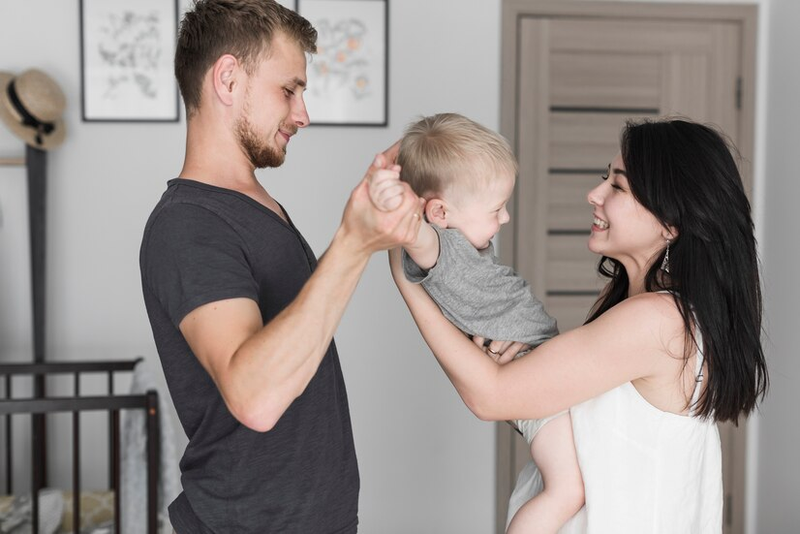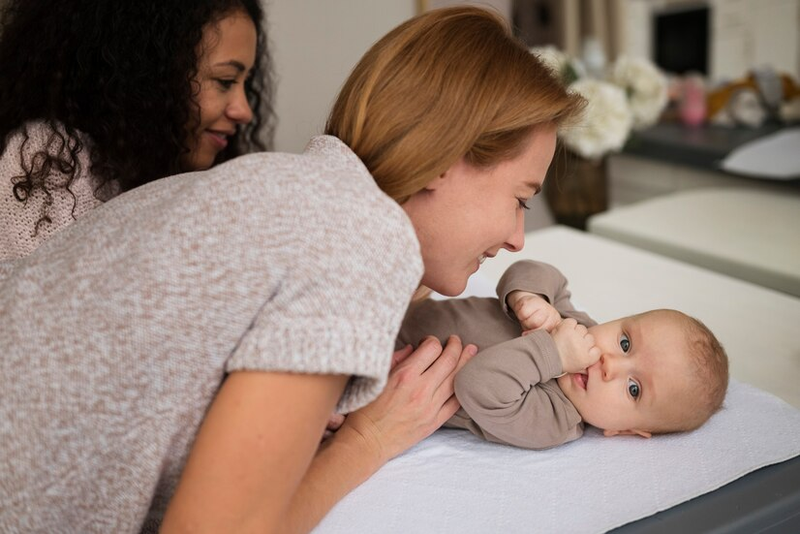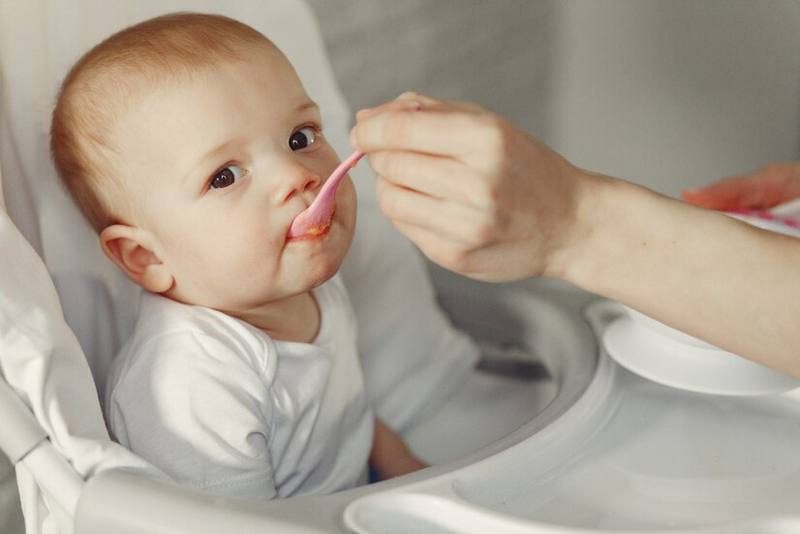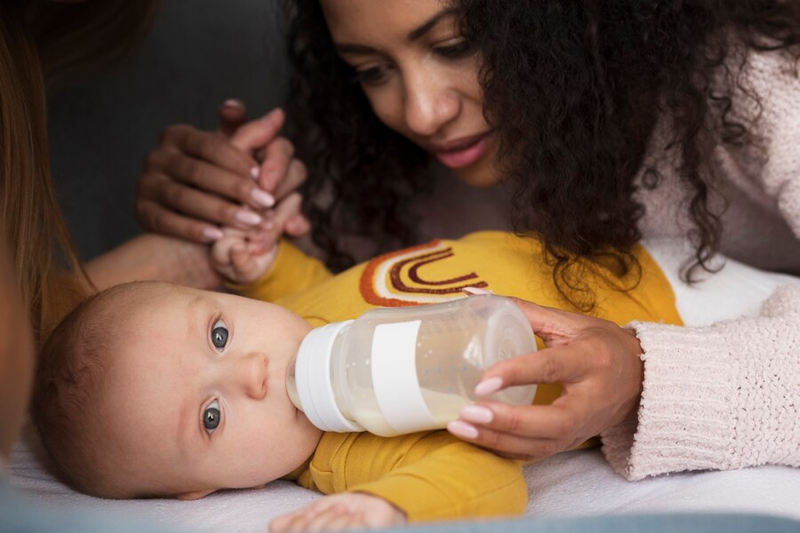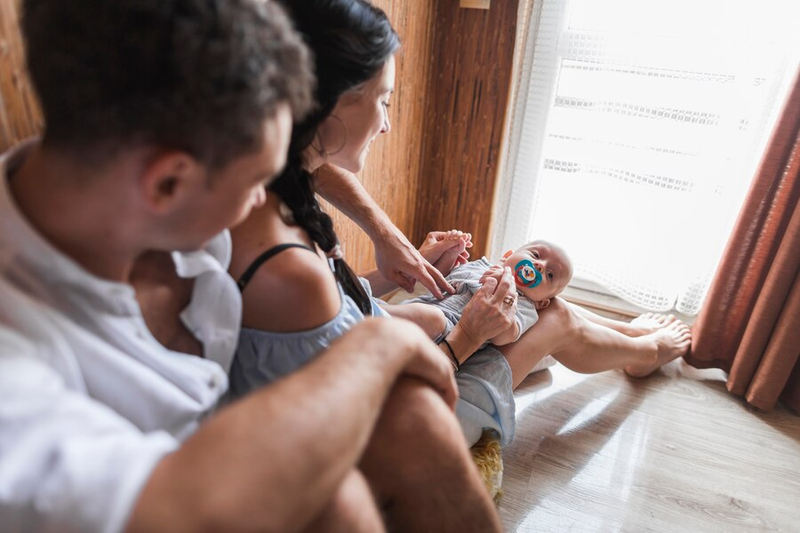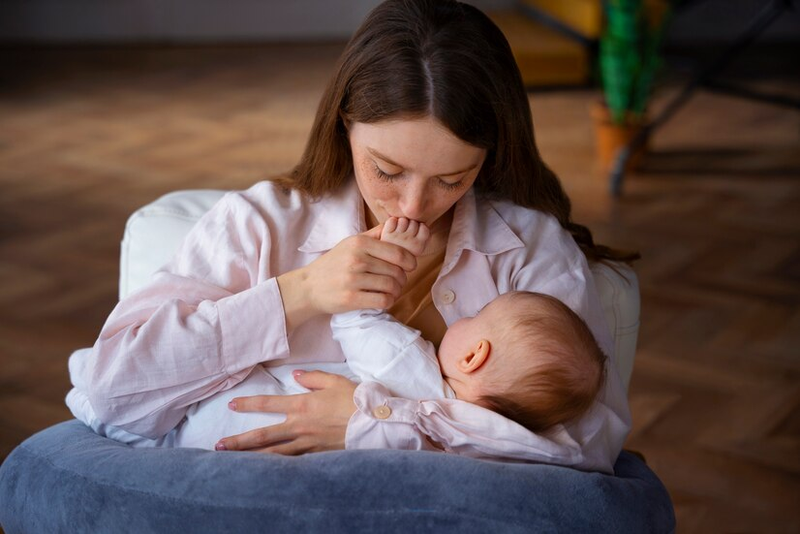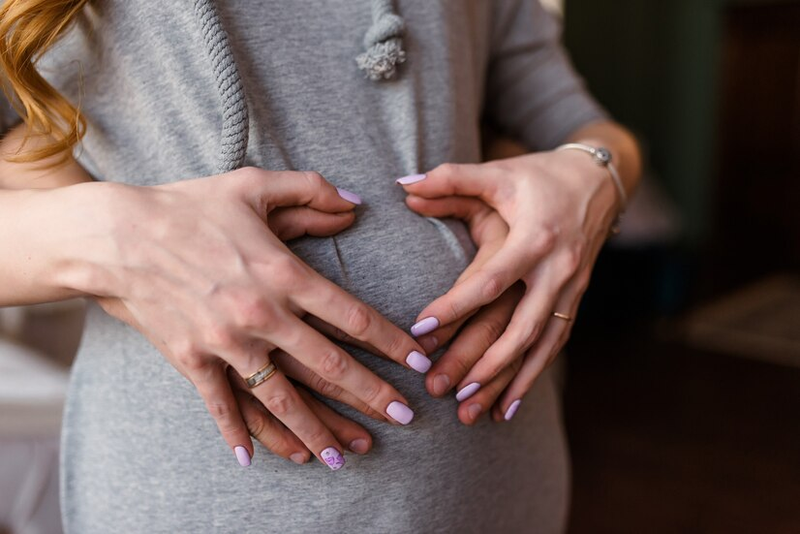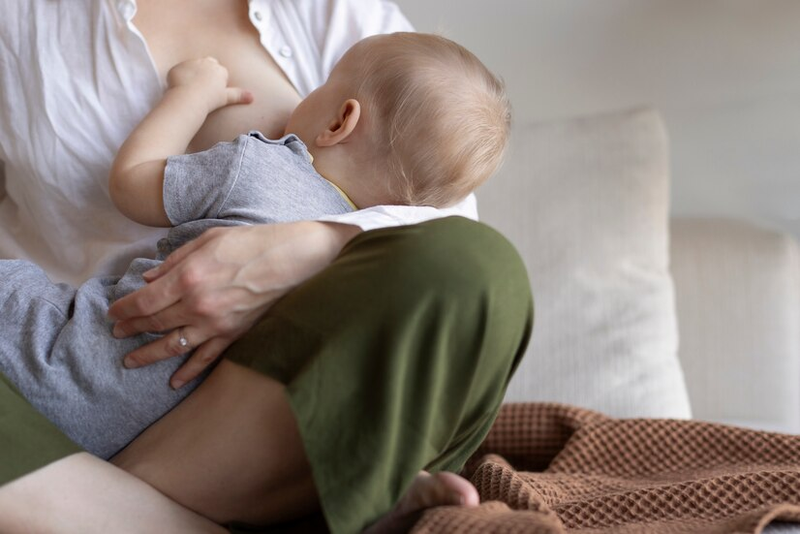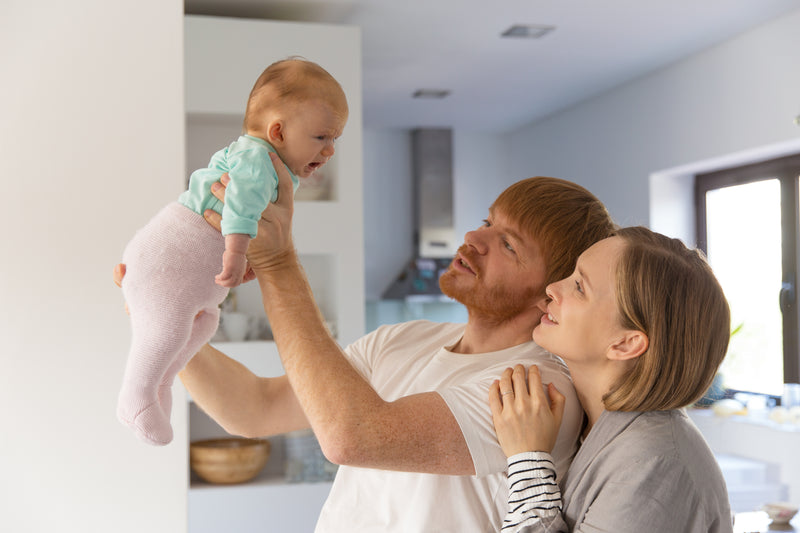A Common Worry Among Parents
Many parents are startled to hear their baby crying in the middle of the night, only to find the child still asleep. It can be confusing, even worrying—does crying during sleep signal discomfort, hunger, or something more serious? The good news is that in most cases, babies crying in their sleep is normal and part of their developmental process. This guide explores the causes, when to be concerned, and what experts recommend for soothing and supporting your baby.
Understanding Infant Sleep Cycles
Babies do not sleep like adults. They spend much more time in lighter sleep stages, particularly REM (rapid eye movement) sleep, where the brain is highly active. During these stages, babies may:
-
Twitch or move their arms and legs.
-
Make grunting or fussing noises.
-
Cry briefly without waking fully.
💡 This behavior often reflects normal neurological development rather than distress.

Why Do Babies Cry in Their Sleep? The Most Common Reasons
Transition Between Sleep Stages
As babies shift between deep and light sleep, they may whimper or cry briefly. Usually, they self-soothe and return to deeper sleep.
Hunger or Night Feeding Needs
Especially in the first months, frequent feeding is necessary. Crying in sleep can be an early sign of hunger, often followed by rooting movements or waking fully.
Digestive Discomfort
Gas, reflux, or immature digestion may cause babies to cry in their sleep. Gentle burping before bedtime can help reduce this.
Growth Spurts and Developmental Leaps
During growth spurts, babies demand more feeding and comfort. Crying in sleep often increases during these phases.
Night Terrors (in Older Infants)
Though rare in young babies, some older infants experience intense episodes of crying while still asleep—known as night terrors. Unlike normal fussing, these episodes are prolonged and more dramatic.
Normal Crying vs. Problematic Crying
| Feature | Normal Sleep Crying | Concerning Signs |
|---|---|---|
| Duration | Brief, stops on its own | Prolonged crying for hours |
| Frequency | Occasional, during transitions | Every night, multiple times |
| Response to Soothing | Settles with rocking or sound | Resists all soothing efforts |
| Associated Symptoms | None | Fever, poor feeding, breathing issues |
| Age | Common in newborns | Older infants with severe episodes |
👉 If your baby’s sleep crying is persistent or accompanied by illness symptoms, consult a pediatrician.
Expert Tips for Parents
1. Wait Before Intervening
Not every cry needs an immediate response. Sometimes babies fuss briefly before falling back asleep. Pausing for a moment can prevent unnecessary waking.
2. Optimize the Sleep Environment
-
Keep the room temperature between 20–22°C (68–72°F).
-
Use dim lighting at night to maintain circadian rhythm.
-
Place your baby in a safe, firm sleep space like a portable bassinet near your bed.
3. Use Soothing Tools Wisely
Gentle rocking, swaddling, or white noise can help calm babies without removing them from their safe sleep surface. A newborn rocking bassinet or smart cradle provides consistent motion and sound, easing the return to sleep.
4. Feed and Burp Before Bed
Feeding on demand and burping well before laying your baby down can prevent mid-sleep crying caused by hunger or gas.
5. Watch for Overstimulation
Too much activity, screen exposure, or loud noise before bedtime can make babies restless. Create a calm bedtime routine instead.
Parent Survival Checklist
✔ Expect occasional sleep-crying—it’s normal.
✔ Check for hunger, gas, or dirty diapers before assuming discomfort.
✔ Keep your baby in a bassinet crib close to your bed for reassurance.
✔ Use swaddling, white noise, or gentle rocking to calm fussiness.
✔ Monitor crying patterns—seek medical advice if persistent or severe.
✔ Take turns with a partner to manage fatigue.
When to Seek Medical Advice
While most crying in sleep is harmless, you should call your pediatrician if:
-
Crying is intense and nightly.
-
Your baby shows poor weight gain or feeding difficulties.
-
Breathing problems, fever, or rash occur with crying.
-
Episodes resemble seizures or prolonged night terrors.
Key Takeaway
Babies crying in their sleep can be unsettling, but in most cases it’s a natural part of development. By understanding sleep cycles, identifying possible causes, and using expert-recommended soothing techniques, parents can handle these episodes with confidence. With patience, the right sleep environment, and safe tools like a smart bassinet, both parents and babies can enjoy calmer nights.

